Who Owns Your Online Identity After Death? Here’s What the Law Says
When someone dies, their social media accounts, cloud drives, and emails don’t instantly disappear. Instead, those profiles, playlists, and photos linger in a confusing mix of tech rules and legal gray areas. While different platforms have their own processes, families often discover that what happens to an online identity is far from simple. Here’s a breakdown of what really happens.
Facebook Memorial Pages
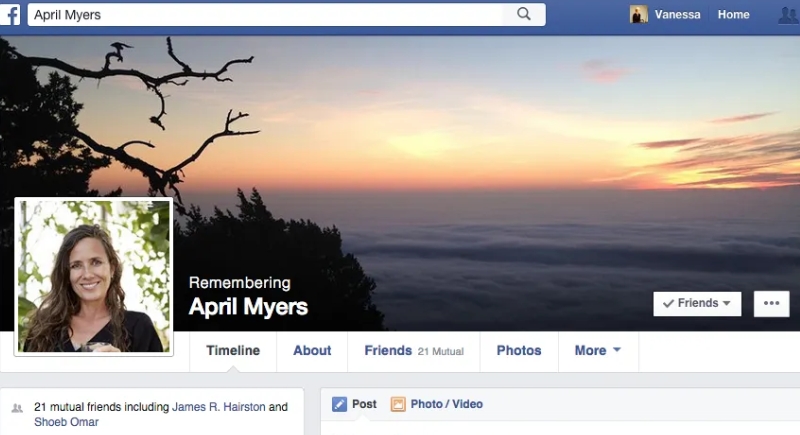
Credit: Facebook
Rather than deleting everything, Facebook can freeze a profile in time by memorializing it. Friends can still leave tributes, and a designated legacy contact can update the profile photo. However, no one can log in or send new messages. Instead of a legal transfer, this setup is entirely governed by Facebook’s own terms, which makes it more like a digital gravestone than an asset.
Apple’s Legacy Contact

Credit: Wikimedia Commons
When someone with an Apple ID passes away, their devices stay locked unless specific steps had been taken beforehand. Apple offers a feature called Legacy Contact, which lets a chosen person access photos, notes, and other data. If that option was never activated, families often have to navigate court orders and identity checks. The same security that protects users daily can create long delays after death.
Cloud Storage Services

Credit: iStockphotos
Cloud platforms such as Google Drive and Dropbox treat accounts as personal, nontransferable spaces. Without legal proof, loved ones cannot simply log in and retrieve files. Even when official documents are presented, access is often limited to certain data sets or downloadable archives. Laws like RUFADAA give executors some rights to request information, yet each provider decides how those rights are applied.
Instagram’s Rules
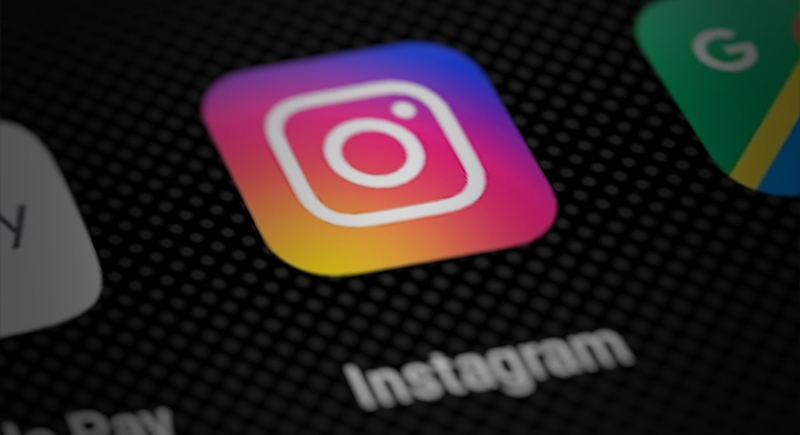
Credit: Wikimedia Commons
On Instagram, a relative or friend can request memorialization after providing proof of death. The profile remains visible and searchable, which gives followers a way to revisit photos and posts. Nothing new can be added, and private messages will stay locked. Despite sentimental value, U.S. law offers no automatic inheritance rights here: what happens is fully dependent on the platform’s internal guidelines and verification process.
Twitter’s Deletion Approach
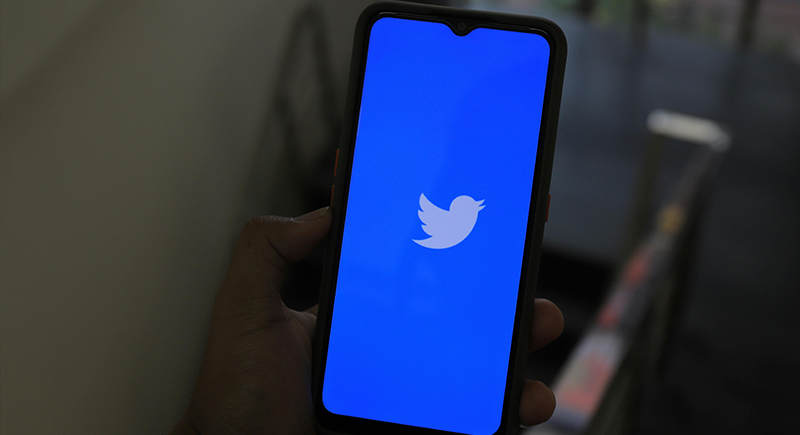
Credit: pexels
Some platforms skip memorials altogether. Twitter, now known as X, removes the account once a valid request and death certificate are reviewed. Everything, from tweets, photos, and history, disappears from public view. This deletion protects privacy, but it also means decades of posts vanish without backup.
YouTube and Copyrighted Videos
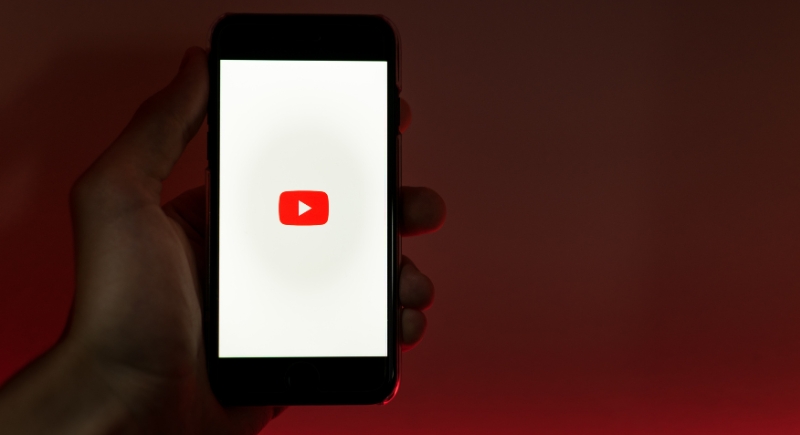
Credit: pexels
YouTube operates differently because videos are intellectual property. A channel can remain online, gathering views, but families cannot just log in. Google requires official documentation to grant any access, and sometimes that’s limited to taking content down. Copyright law might let heirs control the works, but without passwords or prearranged permissions, exercising those rights becomes a frustrating challenge.
Email Accounts Are Tricky

Credit: Getty Images
Most people expect to get into a loved one’s email after they’re gone, but it’s rarely that easy. Google lets you pick someone to receive your data if your account goes silent, but only if you set it up early. Outlook and other services usually won’t budge without a court order. Privacy laws keep inboxes locked, no matter what a will says.
Digital Music Libraries

Credit: pixelshot
Surprisingly, a digital song collection doesn’t legally count as property. Most music services license the tracks to the user, and that license ends at death. Platforms like Apple Music and Spotify won’t allow transfers or inheritances of playlists. Loved ones might still enjoy songs saved to a device, but the account itself is off-limits under the fine print of those agreements.
Online Gaming Profiles

Credit: pexels
A gamer’s achievements and purchased items often stay locked forever. Major networks such as Steam and PlayStation enforce terms forbidding account transfers or sales. Even if a family member has login details, using them could violate those agreements. This can leave valuable digital items stuck in limbo.
Subscription Services

Credit: iStockphotos
Streaming accounts operate on a simple rule: no payment, no access. When credit cards stop working, platforms like Netflix or Hulu automatically close the account. Watchlists and preferences vanish without ceremony. Since these accounts aren’t considered assets, no inheritance laws apply.
AI Chatbots And Digital Ghosts

Credit: Getty Images
Tech companies have begun experimenting with services that mimic a deceased person’s speech patterns. These AI chatbots use posts, texts, and recordings to create a digital replica that can chat with loved ones. While futuristic, these bots rely on platforms retaining data indefinitely. No specific U.S. laws regulate them, so ethical questions, like who controls the data, are still wide open.
Legal Papers Versus Terms

Credit: Getty Images
A will might clearly say who should manage digital accounts, but online services often ignore those instructions. Terms of service generally take precedence, which means families can’t assume legal documents will override platform rules. This conflict catches many off guard, showing that planning for digital assets requires using the tools each company offers in addition to traditional estate plans.
Financial Accounts Online

Credit: Getty Images
Banks and financial apps handle inheritance far differently from social platforms. To unlock funds or close accounts, families are expected to submit official records like death certificates and court-issued letters. Security steps, such as two-factor authentication tied to a lost device, can complicate the process. Unlike streaming or gaming profiles, these services are governed by strict federal and state laws, so persistence usually leads to eventual access.
Photos On Social Platforms
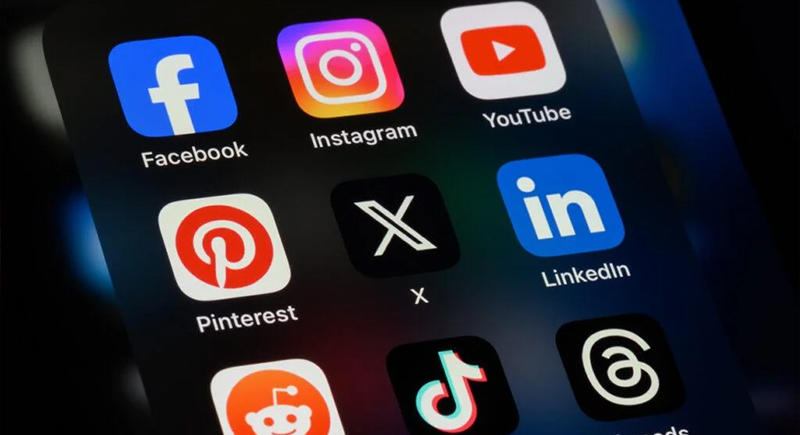
Credit: Reddit
Pictures shared on social media rarely disappear completely, even after a profile is removed. Backup systems and cached data often preserve them behind the scenes. Because most networks claim broad usage rights for uploaded images, families rarely gain full ownership of those files. While some providers permit downloads from public galleries if login details are available, private albums generally stay locked for privacy and legal reasons.
Planning A Digital Will

Credit: Canva
A smart step toward managing your online presence is putting together a digital will. This document can outline which accounts exist, where credentials are stored, and what should happen to them. It may not carry legal force everywhere, but it gives surviving relatives a clear plan. Combining these instructions with legacy options offered by major platforms ensures smoother transitions and keeps treasured content from slipping away.